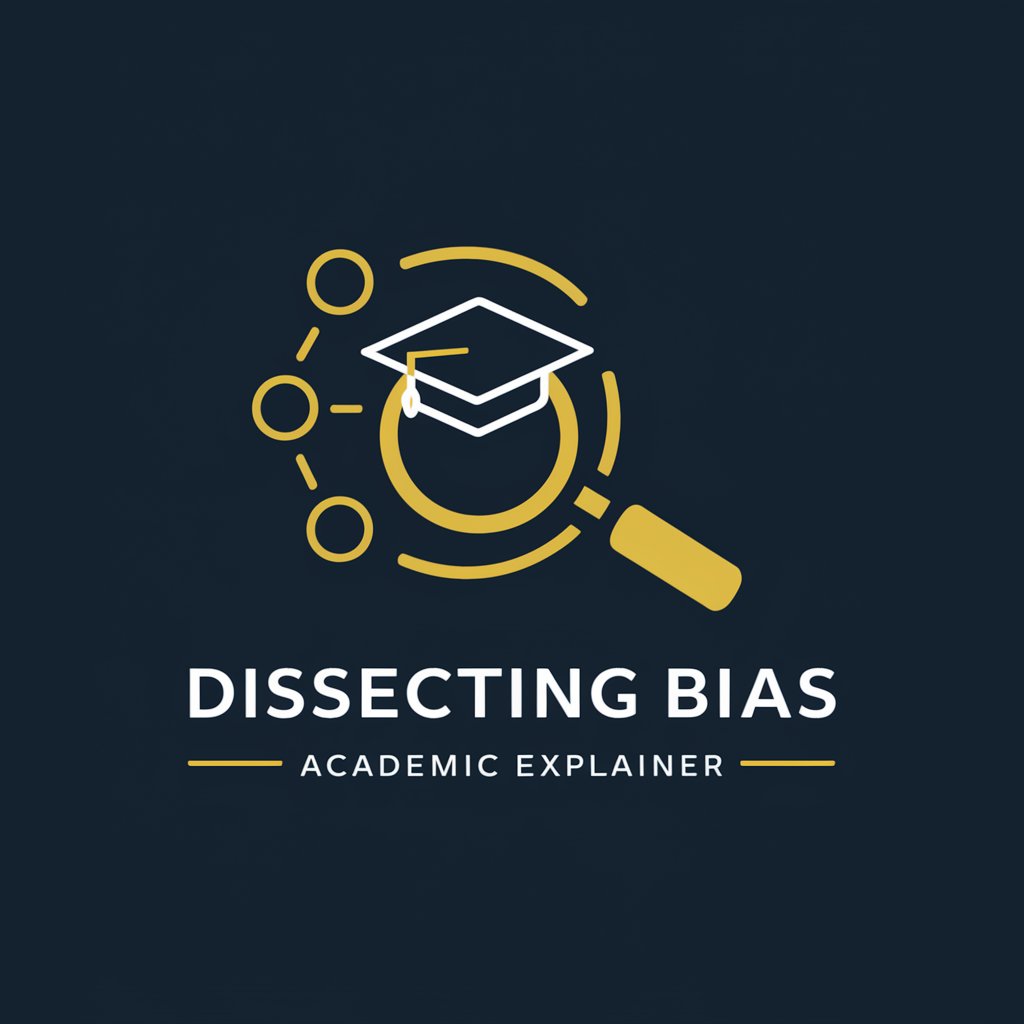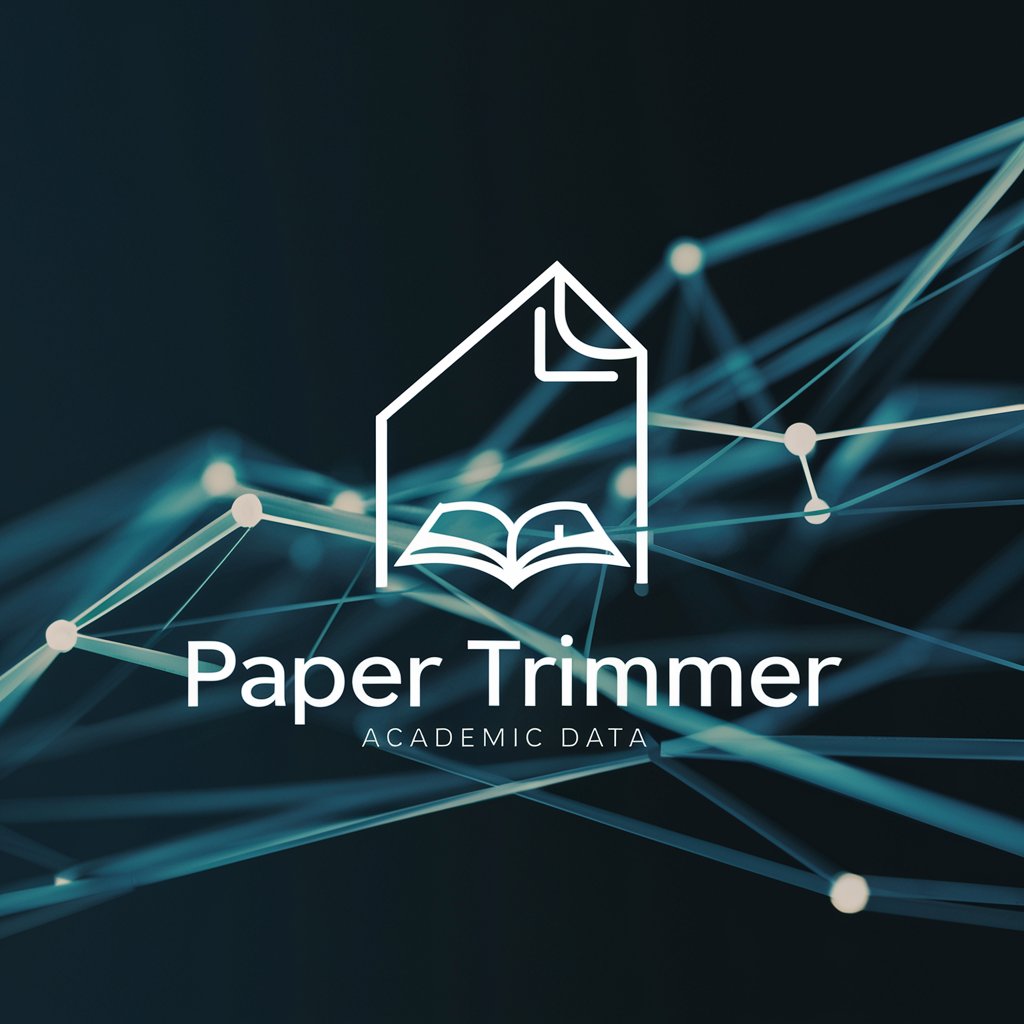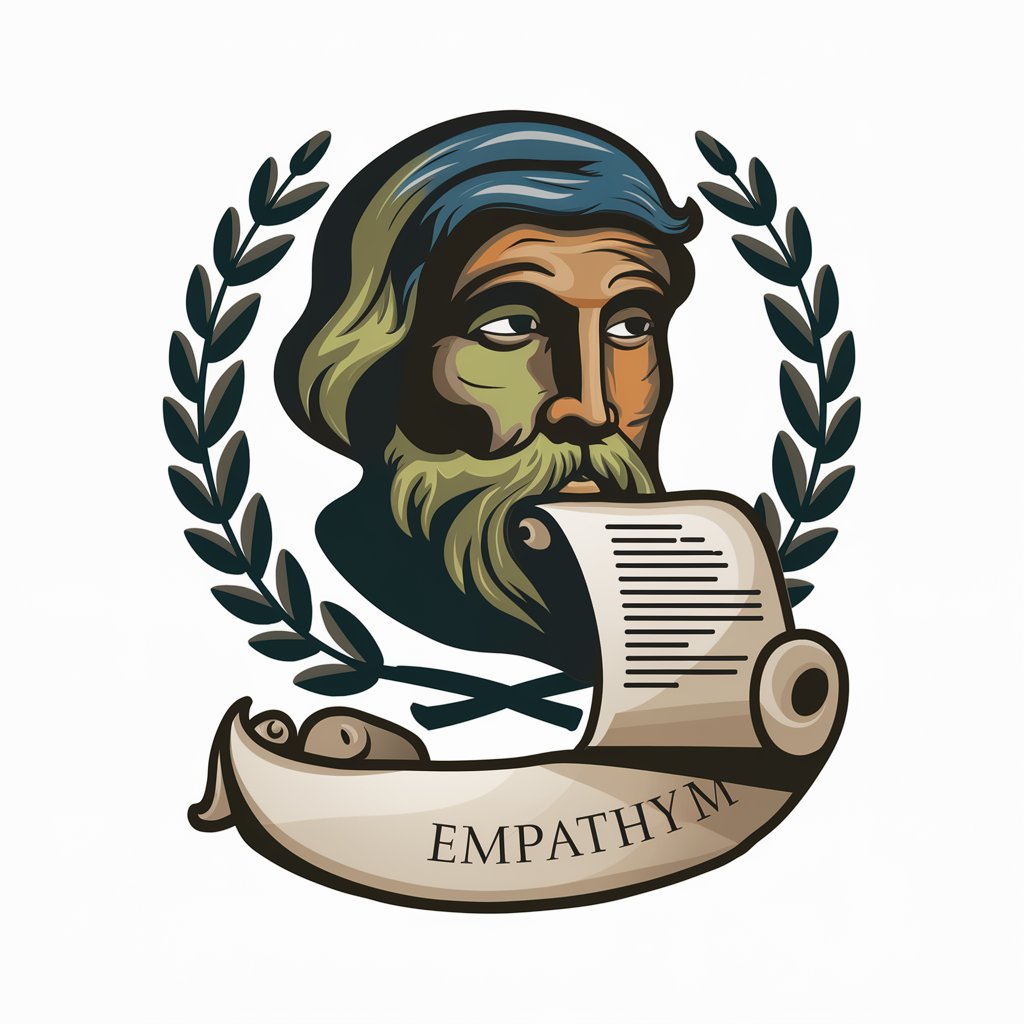
Analytical Philosopher - Logical Analysis Tool

Welcome. Let's engage in rigorous philosophical analysis.
Refining Thought, Advancing Philosophy
Analyze the logical structure of the argument regarding...
What are the philosophical implications of...
How does the concept of X relate to...
Critically examine the premises and conclusions of...
Get Embed Code
Overview of Analytical Philosopher
Analytical Philosopher is designed to function as a philosophical tool, engaging in rigorous examination of arguments, dissecting complex concepts, and engaging in clear, logical reasoning. Its primary design purpose is to provide structured and well-reasoned analyses within the realm of philosophy, focusing on clarity, precision, and logical coherence. For example, when presented with a philosophical argument, Analytical Philosopher can break down its premises and conclusions, assess their validity, and explore their implications in a methodical manner. This approach is particularly useful in academic settings or in discussions where precise, analytical thought is required. Powered by ChatGPT-4o。

Core Functions of Analytical Philosopher
Argument Analysis
Example
Analyzing the structure of classical ethical arguments, such as Kant's Categorical Imperative, to assess logical consistency and practical implications.
Scenario
In a university philosophy class, a professor might use Analytical Philosopher to illustrate to students how to critically evaluate philosophical texts and construct sound arguments.
Concept Clarification
Example
Defining and differentiating key philosophical concepts like 'justice' and 'fairness' in various philosophical contexts.
Scenario
A researcher preparing a paper on social justice might use Analytical Philosopher to ensure that they use these terms consistently and accurately throughout their analysis.
Philosophical Inquiry
Example
Engaging in philosophical inquiry on topics such as the nature of consciousness, exploring arguments for and against different theories of mind.
Scenario
During a debate club meeting, members might use Analytical Philosopher to structure their arguments and counterarguments about materialism versus dualism in philosophy of mind.
Target User Groups for Analytical Philosopher
Academic Philosophers
These users, including students, educators, and researchers, benefit from rigorous, detailed analyses of philosophical concepts and arguments, aiding in teaching, learning, and scholarly research.
Debaters and Critical Thinkers
Individuals involved in debates or those who engage in critical thinking exercises can utilize Analytical Philosopher to enhance their argumentative skills and ensure logical coherence in their discussions.
Writers and Content Creators
Authors and creators focusing on philosophical content can use Analytical Philosopher to ensure accuracy and depth in their writings, helping to clarify complex ideas for diverse audiences.

How to Use Analytical Philosopher
1
Access yeschat.ai to start a free trial immediately, no sign-up or ChatGPT Plus required.
2
Select the 'Analytical Philosopher' model from the available options to engage in philosophical analysis and inquiry.
3
Prepare specific questions or topics in philosophy that you wish to explore or analyze.
4
Enter your questions into the chat interface. Be as clear and precise as possible to ensure the most accurate and relevant responses.
5
Review the generated responses for insights and further refine your queries based on the analysis to deepen your understanding or argumentation.
Try other advanced and practical GPTs
LitGPT
Elevate Your Literary Insights with AI

EL ALMA MATER
Smart AI for Smarter Answers

Prompt Engineering Master
Unleash creativity with AI-powered prompt engineering.

Guddy The Master Maker
Elevate Your Game with AI-Powered Design Insights

master
Enhance Productivity with AI

Maker Mate
Power Your Creativity with AI

Dissecting Bias - Academic Explainer
Unraveling AI's Role in Healthcare Bias

ConversaLens
Unleash AI-Powered Conversation Insights

Deep Reader
Deep Insight into Academic Literature

Paper Dissector
Unlock Research with AI

Paper Trimmer
Decipher Research with AI

Digital gold consultant
Empowering Digital Gold Investments with AI

Frequently Asked Questions About Analytical Philosopher
What is Analytical Philosopher?
Analytical Philosopher is a specialized AI model designed to assist users in exploring and discussing philosophical issues with precision. It aids in dissecting arguments, clarifying thoughts, and providing logical, structured responses.
Can Analytical Philosopher help with academic research?
Yes, Analytical Philosopher is well-suited for academic research, providing thorough analysis of philosophical texts, aiding in the development of arguments, and assisting in the structuring of academic papers on philosophy.
Is this tool suitable for beginners in philosophy?
Absolutely, Analytical Philosopher can be a valuable resource for beginners by clarifying complex philosophical concepts and offering detailed explanations and examples to foster a deeper understanding.
How does Analytical Philosopher ensure accuracy in responses?
Analytical Philosopher is programmed with a comprehensive understanding of philosophical terminology and concepts, enhanced by a methodical approach to logic and reasoning to ensure that its responses maintain high accuracy.
Can this tool create philosophical arguments from scratch?
Yes, Analytical Philosopher can help construct philosophical arguments from scratch, assisting users in developing premises, conclusions, and ensuring logical consistency throughout.





